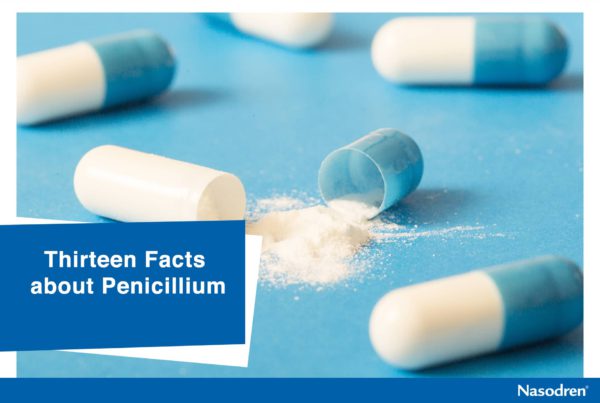Assessment of a new plant extract-based product in rhinosinusitis.
In spite of the treatments currently available for the treatment of sinusitis, there is a not insignificant percentage of patients who suffer from complications caused by rhinosinusitis, with relapses and chronification of the process in certain cases.
It is therefore necessary to look for other alternatives that can improve efficacy, reduce symptoms and possible complications, without being associated with side effects.
In recent years, a product has been developed from plant extracts that favours natural secretion from the nasal cavity and paranasal sinuses, thereby clearing the accumulated mucus. The purpose of this study was to analyse the effect of plant extracts on rhinosinusitis in a sample of 11 children and 24 adults.
The results of our study indicate that plant extracts are useful in acute rhinosinusitis.
DISCUSSION AND CONCLUSIONS
It is obvious that the more specific a treatment is, the greater the efficacy obtained from its use. This could account, at least in part, for what has happened with the therapies that have been used for the treatment of rhinosinusitis (Barreiro et al. 2002). It is clear to us why there are still recurrences of the disease in our time, with chronification of the condition, which in turn increases the likelihood of complications (Clement et al. 1998; Cohen et al. 2000).
In addition, the treatments routinely used are not without side effects, which renders necessary a process of profound reflection in order to optimise resources (Lopatin 1992; Varonen & Sainio 2004).
This new product with plant extracts activates the physiological nasal drainage mechanisms and facilitates natural secretion, clearing the nasal and paranasal area naturally and effectively.
Our results show the usefulness of this product, both when given alone and with antibiotics and decongestants.
Furthermore, since it is not absorbed by tissues and does not enter the bloodstream, the few side effects that this product may cause in a small percentage of patients are purely local, with no systemic effects. These results are consistent with other studies, which confirm a level of efficacy greater than 90% in relieving the main symptoms of rhinosinusitis, such as improving nasal congestion and breathing, diminishment and/or disappearance of pathological secretions due to its drainage effect, and the disappearance of headache and tenderness, among others(Khechinashvili et al. 2006; Chernisheva & Siniachenko 2006).
In conclusion, it can be said that this new product with plant extracts is highly effective
in obtaining symptom relief in patients with acute exudative rhinosinusitis or acute exacerbations of chronic rhinosinusitis.
Zaritska I.
Therapeutics and Clinical Risk Management,
Suppl.1, 2006. 15 – 17.






